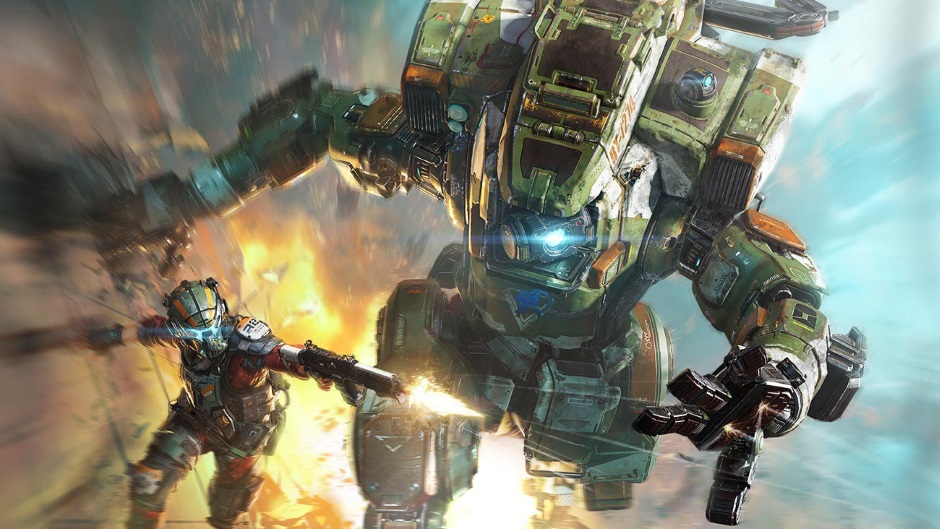There’s a widely held belief that Titanfall 2 was sent out to die. While reports of its demise were greatly exaggerated, it’s hard to deny how utterly myopic it was of EA to release Respawn’s lower-key FPS in-between CoD: Infinite Warfare and its own Battlefield 1. Sales inevitably just didn’t reflect the quality of the game, which was arguably a better product than either of those titles – well, it was definitely better than Infinite Warfare, but most games are.
Following the recent announcement of EA’s outright acquisition of Respawn, some cynics believe that the release date was set to hopefully drive down the value of the studio so that EA could swoop in a later date for a cheaper price. While that’s almost definitely stretching the truth as thinly as the average gamer’s patience with AAA games, it just shows where EA is at right now in the public eye.
Alongside the acquisition came the (bizarrely quiet) confirmation that we would be seeing a Titanfall 3 at some point in the future. If there was ever an FPS franchise that deserved a sequel to drive up the numbers to reach the playerbase it deserves, it’s Titanfall. However, rather than being met with excitement, the consensus was that of concern.

It’s sometimes forgotten that Titanfall 2 had microtransactions that were introduced shortly after release, but, when compared to the bullish implementation seen in its two biggest competitors, they were fairly tempered. Nothing game-changing could be bought; it was all cosmetic. Balance that with continuous free DLC and, while it’s hardly worthy of praise that microtransactions were there to begin with, you have a far more consumer-friendly product, which showed in the groundswell of support for Titanfall 2 from those who thought it didn’t get a fair shake of the stick from EA.
When microtransactions were being added to Titanfall 2, Respawn said the following:
“We will have no in-game currency exchange. No locked loot boxes, crafting shards or pay-to-win weaponry. No RNG. If you see something you like, you buy it and that’s it. These in no way effect stats and are purely cosmetic.”
I can’t see that being the case with Titanfall 3. If EA have proven anything over the last year, they will continue to push the limits until everything breaks. If you wanted any further proof that EA don’t know when to stop, just look at how much they dominate the “Virtual Currency” section on the PlayStation Store:
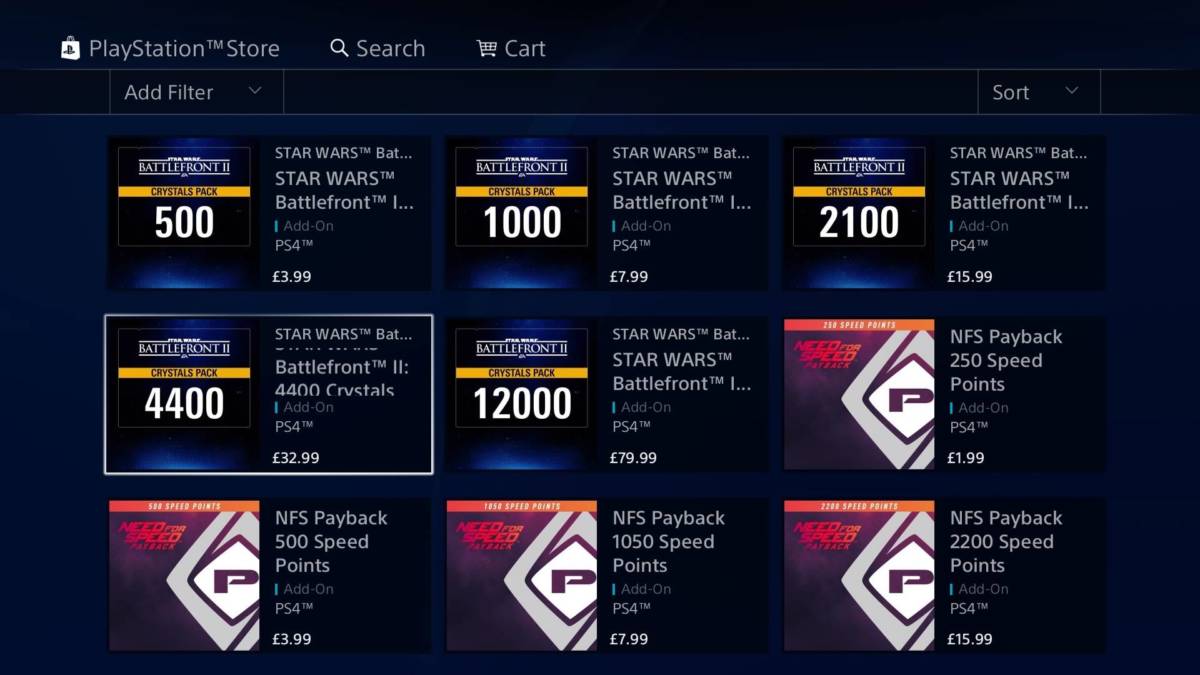


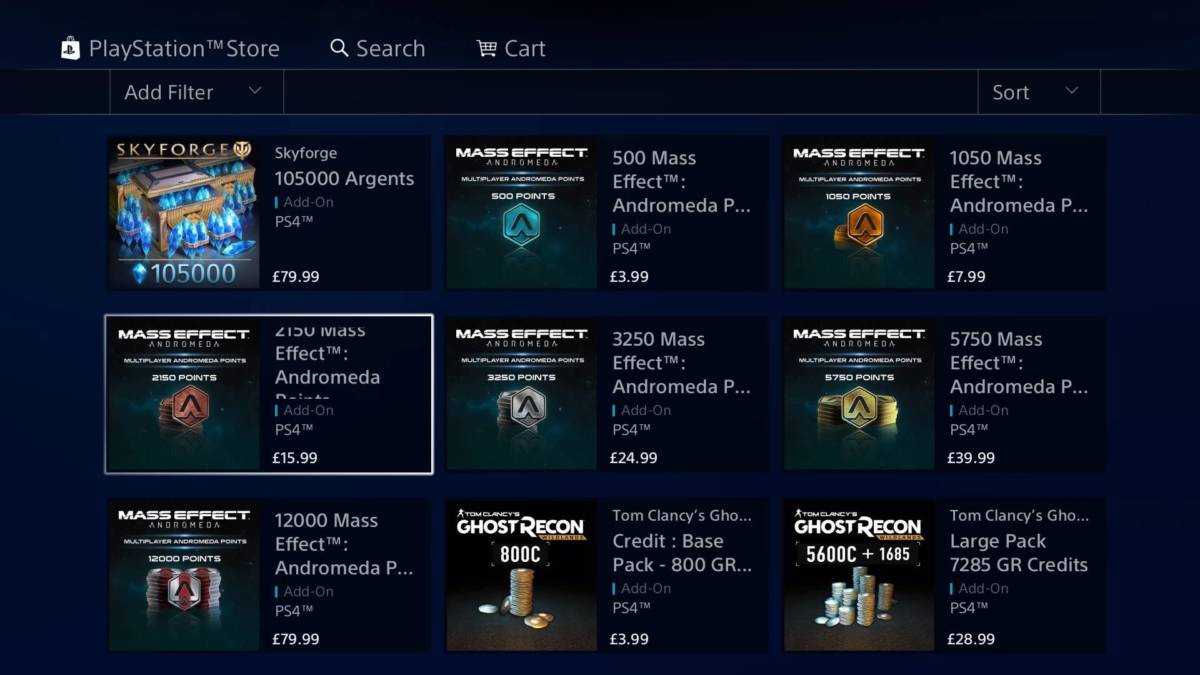
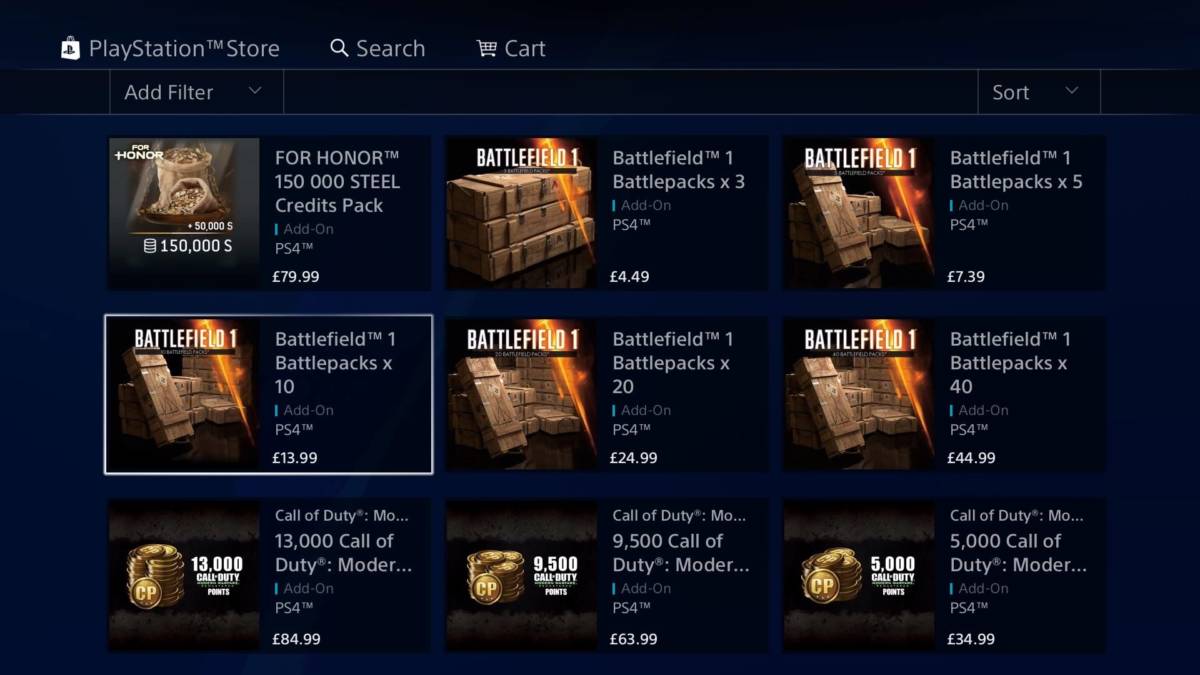
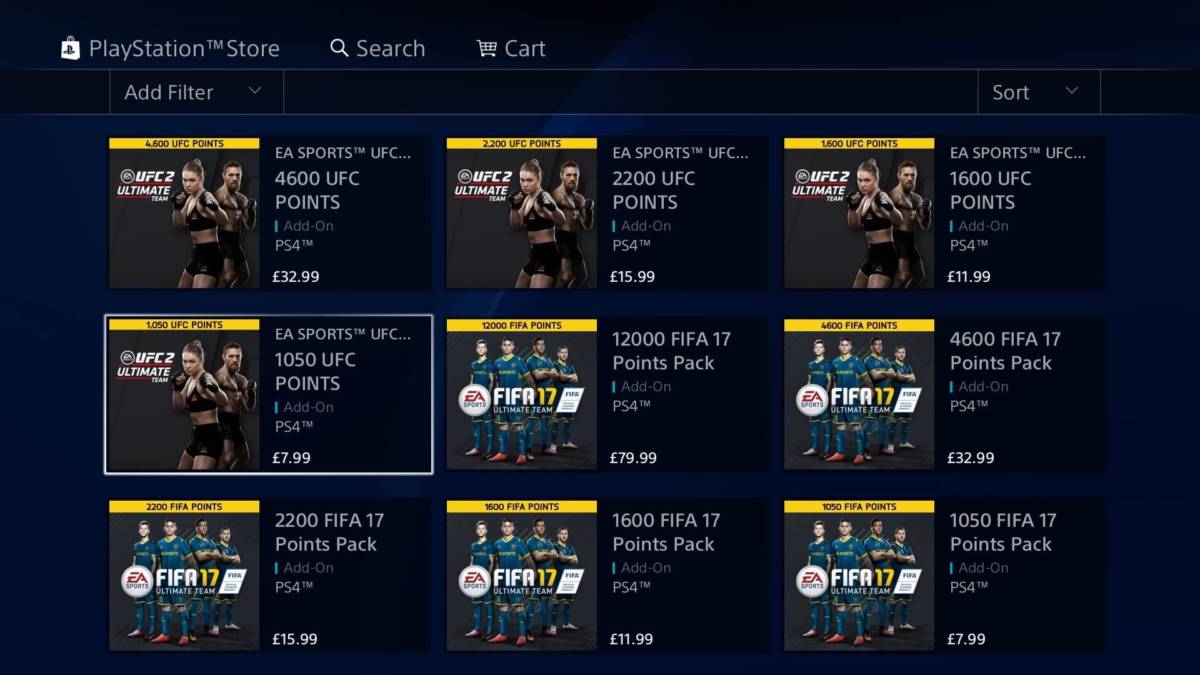

EA’s hapless community management has been well-documented in the last week, showing just how out of touch they are with their fans, or the people who used to call themselves their fans. It’s been an annus horribilis for EA, who pushed out Mass Effect Andromeda when it wasn’t nearly ready enough, loaded up a terrible racing game with loot crates just because they felt they had to, and the impressive amount of pushing back against their treatment of progression within Battlefront 2 and the loot crates to help make it easier. I wouldn’t be surprised if someone brings back The Consumerist just so they can hand EA yet another “award” for the Worst Company in America.
But Titanfall 2 felt like a wonderful exception to all of the mayhem surrounding EA over the last couple of years, one of the last shining examples of a developer defending themselves against an aggressive and dollar-hungry publisher. Its clear when playing through Titanfall 2 just how easy it would have been for them to load it up with microtransactions, but concessions were made.
Respawn might not have necessarily needed to introduce a campaign mode to Titanfall 2, but they did, and what a campaign it was. A short campaign, sure, but one that felt lovingly introduced with the kind of emotion that so many shooters try their damnedest to create but feel completely artificial in doing so (read: the last five Call of Duty games). When you add its multiplayer, which showed that sometimes a beta can actually be used to change gameplay rather than acting as a marketing ploy, it was one of the most fulfilling shooters in quite some time.
But that was then, and now is a worrying time to be a developer under EA’s wing, who have shown a tendency to throw talented studios under the bus as quickly as they introduce loot crates into their games. How are Zampella and co. going to handle themselves now that they are wholly owned by a company who have no qualms with bastardising an IP as big as Star Wars?
Perhaps I am worrying too much. Perhaps Respawn will find a way to make the kind of concessions they need to make Titanfall 3 bigger and better without having to bend the knee to EA. Perhaps, by the time it comes out, loot crates will be a thing of the past and we’ll all be able to look back on loot crates in $60 games as a weird episode for the industry. And perhaps we’ll also see Half-Life 3.
Some of the coverage you find on Cultured Vultures contains affiliate links, which provide us with small commissions based on purchases made from visiting our site. We cover gaming news, movie reviews, wrestling and much more.


